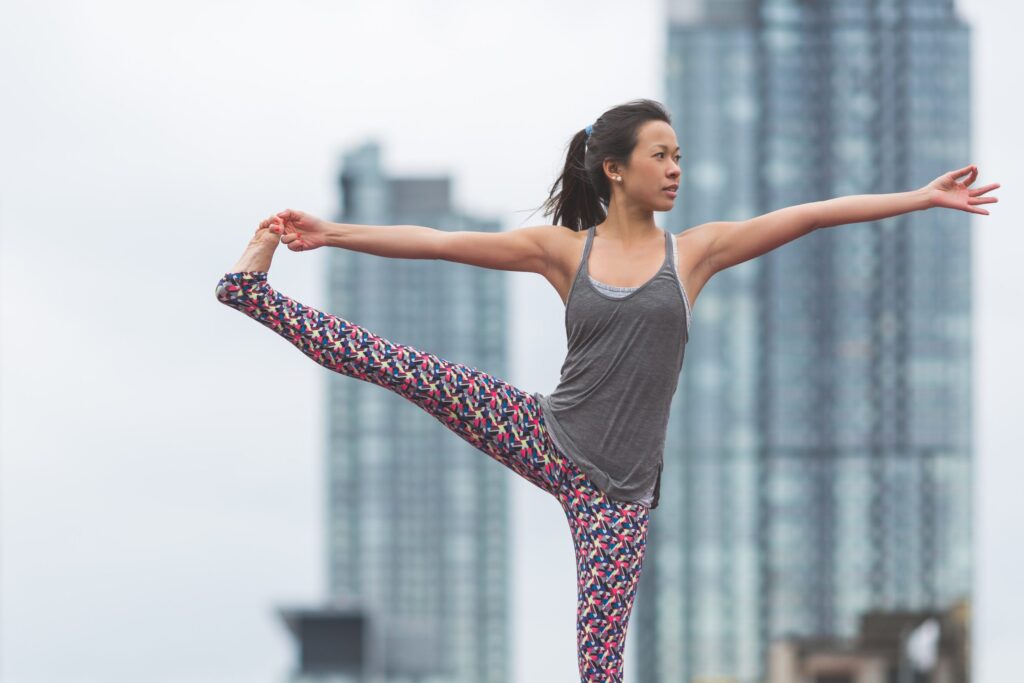Introduction
The fitness world continually evolves, embracing new trends and supplements to enhance performance and recovery. Among the latest entrants in this domain is Cannabidiol (CBD), a non-psychoactive compound found in cannabis plants. This article explores how CBD might affect your workout, examining its potential benefits, risks, and the science behind its use in fitness.

CBD Basics: Understanding What It Is
Before diving into its effects on exercise, it’s crucial to understand what CBD is. Unlike its more famous cousin, THC, CBD does not produce a ‘high.’ It interacts with the body’s endocannabinoid system, which plays a role in regulating various bodily functions, including pain, inflammation, and stress responses.
Potential Benefits of CBD for Workouts
- Pain Management: CBD’s potential anti-inflammatory properties might help in reducing exercise-induced muscle soreness and joint pain, allowing for more consistent training.
- Improved Recovery: By possibly reducing inflammation, CBD might aid in quicker recovery post-workout, minimizing downtime.
- Stress and Anxiety Reduction: CBD is researched for its potential stress-relieving effects. Lower stress levels can lead to better focus and a more productive workout.
- Sleep Enhancement: Good sleep is crucial for muscle recovery. CBD’s potential role in improving sleep quality might indirectly benefit workout performance and recovery.
- Appetite Regulation: CBD might influence appetite, which can be beneficial in managing diet for fitness goals.
Scientific Evidence: What Does Research Say?
While anecdotal reports are positive, scientific research on CBD’s impact on exercise is still in nascent stages. This section will summarize current studies, highlighting the promising yet preliminary nature of findings related to pain management, inflammation, and recovery.
Using CBD in Your Workout Routine
This section offers practical advice on integrating CBD into a fitness regimen. It discusses different forms of CBD (oils, topicals, edibles), optimal dosages, and timing of consumption relative to exercise.
Safety and Legal Considerations
Safety is paramount when introducing any supplement. This part addresses potential side effects, interactions with other supplements or medications, and the importance of sourcing high-quality, third-party tested CBD products. Additionally, it touches on the legal status of CBD in sports, particularly in professional settings.
Personal Experiences and Testimonials
Briefly showcasing a few anecdotal experiences from fitness enthusiasts and athletes who have incorporated CBD into their training can provide a personal touch to the article.
Detailed Look at CBD and Muscle Recovery
Muscle recovery is a critical aspect of any workout routine. Intense physical activity causes microscopic damage to muscle fibers, leading to muscle soreness and inflammation. CBD’s potential anti-inflammatory properties could play a significant role here. By possibly mitigating inflammation, CBD may aid in faster muscle repair and growth. This could be particularly beneficial for athletes engaging in high-intensity workouts or strength training.
CBD and Endurance Training
Endurance athletes, such as runners or cyclists, often face prolonged physical exertion and stress. CBD’s potential effects on endurance training could be twofold. Firstly, by possibly reducing inflammation, CBD may help in managing the physical stress associated with long-duration activities. Secondly, the calming effects of CBD might aid in mental endurance, helping athletes stay focused and motivated over long periods.
Potential Role of CBD in Energy Levels and Performance
The relationship between CBD and energy levels is complex. While CBD is sometimes associated with relaxation and might help in better sleep, its impact on energy levels during workouts is less clear. Some users report a feeling of increased alertness and energy after taking CBD, which could translate to enhanced performance. However, these effects are highly individualized and not universally experienced.
Contrasting Views and Skepticism in the Fitness Community
Despite growing interest, there’s still skepticism about CBD’s role in fitness. Critics often point to the lack of extensive research and the variability in individual responses to CBD. Some fitness experts caution against over-reliance on supplements like CBD for performance enhancement, emphasizing more traditional approaches like nutrition and structured training.
Future Research and Evolving Perspectives
The landscape of CBD research is rapidly evolving. Upcoming studies are expected to shed more light on how CBD interacts with various aspects of fitness, including muscle synthesis, hormone regulation, and cardiovascular health. As the scientific community gains a deeper understanding of CBD’s mechanisms, we can anticipate more targeted applications in workout routines.
Conclusion
The article concludes by summarizing the potential of CBD in enhancing workout performance and recovery, while emphasizing the need for more comprehensive research and personalized approaches. It also encourages readers to consult with healthcare professionals before starting any new supplement.